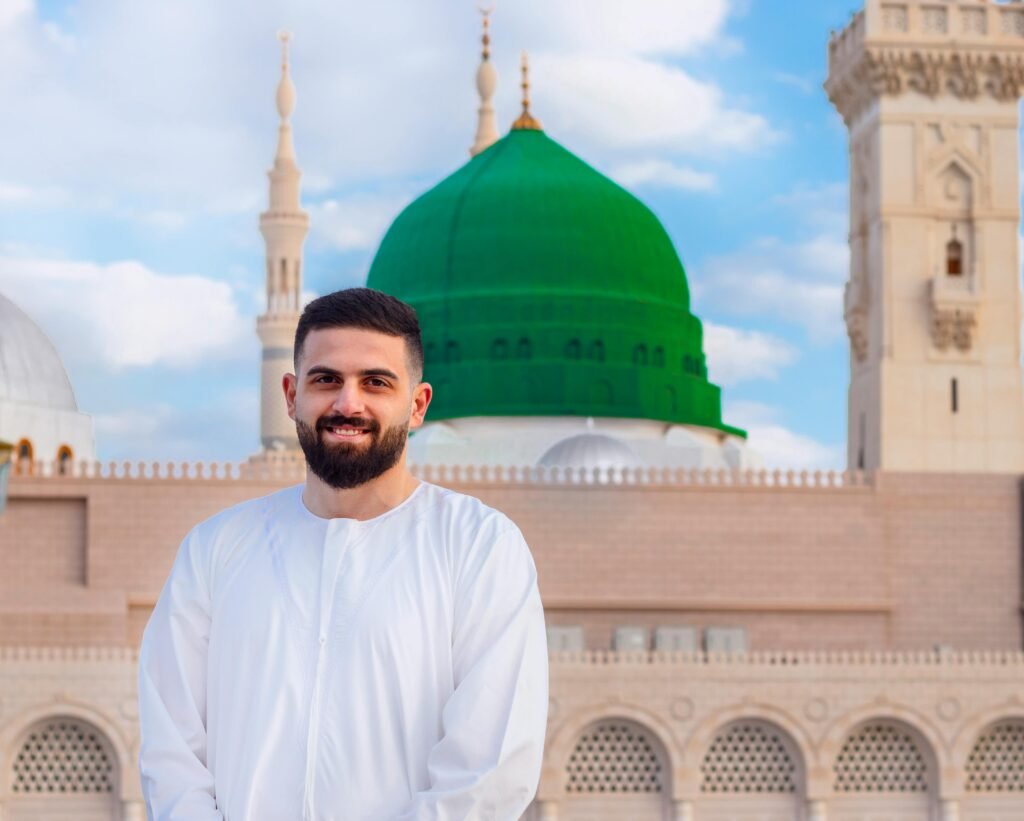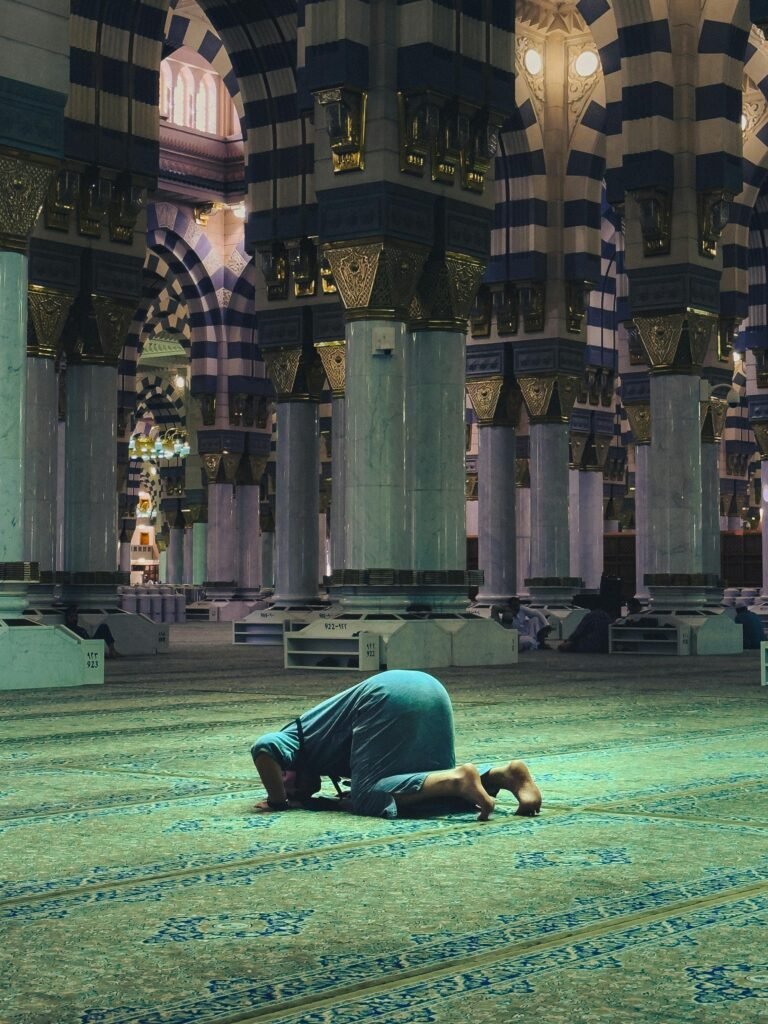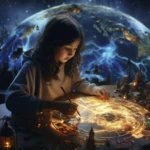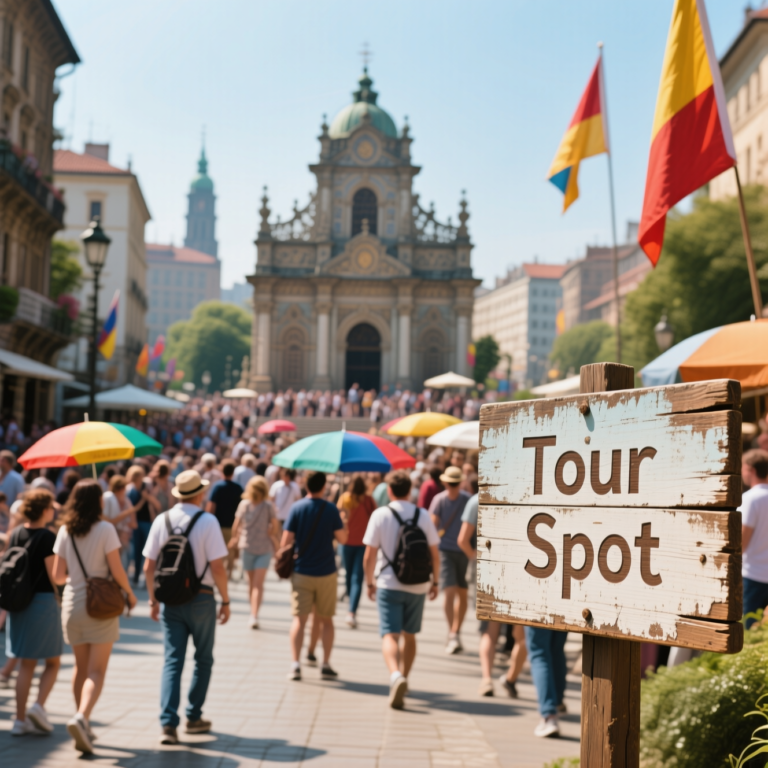In today’s fast-paced world, Islamic News frequently dominates headlines. However, the portrayal of Islam in mainstream media often distorts reality, fostering misconceptions and superficial narratives. This article seeks to illuminate what the media frequently misconstrues about Islam, diving deeply into What Islamic religion truly embodies, reflecting on Islamic History, the significance of the Islamic Hijri calendar, the reverence of Islamic New Year, the joy behind What Is Eid, and the spiritual essence of what is Roza and salah. Ultimately, this piece aims to disseminate authentic Islamic Information and dismantle pervasive myths.

The Power and Pitfalls of Islamic News
The role of Islamic News in shaping public opinion is indisputable. Yet, sensationalism and a lack of nuanced understanding often overshadow the profound beauty and complexity of Islam. Media outlets, constrained by brevity and sometimes biases, inadvertently amplify stereotypes, portraying Islam as monolithic or inherently contentious.
It is crucial to approach Islamic News with discernment, embracing a perspective enriched by history, spirituality, and the lived experiences of over a billion Muslims worldwide.
What the Islamic Religion Truly Represents
At its core, Islam is a faith grounded in submission to the One Divine Being, Allah. The word Islam itself means “submission” or “surrender” — surrendering one’s ego and desires to divine will. Contrary to reductionist portrayals, what the Islamic religion entails is a comprehensive system encompassing spirituality, ethics, social justice, and personal discipline.
The foundation of Islamic Information rests on the Quran, the sacred scripture believed to be the literal word of God revealed to the Prophet Muhammad (peace be upon him). Accompanying this are the Hadiths, the prophetic traditions that elucidate the practical implementation of faith.
Misunderstandings Rooted in Ignorance of Islamic History
A profound disconnect between Islamic News narratives and Islamic History underpins many misconceptions. The origins of Islam trace back to 7th-century Arabia—a transformative period marked by radical teachings advocating monotheism, social equality, and moral rectitude.
The Prophet Muhammad’s migration, or Hijra, to Medina is seminal, marking the start of the Islamic Hijri calendar. This event was not just a relocation but a spiritual and socio-political revolution that laid the groundwork for a community united by faith, ethics, and mutual responsibility.
Islamic civilization later flourished during the Golden Age, fostering advancements in science, philosophy, art, and governance. Yet, Islamic News often neglects this rich tapestry, focusing instead on conflict and extremism.
The Islamic Hijri Calendar and Its Profound Significance
The Islamic Hijri calendar is not merely a system to mark time but a spiritual chronicle that honors pivotal moments in Islamic History. Unlike the solar Gregorian calendar, it is a lunar calendar beginning with the Hijra, symbolizing renewal and liberation.
Understanding the Islamic New Year is essential—it serves as a moment of reflection and recommitment for Muslims, a reminder of perseverance in the face of adversity. This observance is often overshadowed in mainstream media but carries immense emotional and spiritual weight in Muslim communities.
What Is Eid? Beyond Festivities
What Is Eid transcends celebratory gatherings and feasts. There are two major Eids: Eid al-Fitr and Eid al-Adha, each deeply embedded with theological significance and communal spirit.
- Eid al-Fitr marks the culmination of Roza (fasting) during Ramadan, a month dedicated to purification, self-discipline, and empathy.
- Eid al-Adha commemorates the profound submission of Prophet Ibrahim, symbolizing sacrifice and trust in God.
Through the prism of Islamic News, Eid is often portrayed superficially as a holiday, neglecting its deeper messages of gratitude, unity, and renewal.
The Spiritual Pillars: What is Roza and Salah?

A cornerstone of Islamic Information involves grasping the spiritual disciplines of what is Roza and Salah:
- Roza or fasting during Ramadan is not just an act of abstinence but a profound exercise in patience, empathy, and spiritual detoxification.
- Salah refers to the ritual prayers performed five times daily, forming an unbroken link between the believer and the Divine. It nurtures mindfulness, discipline, and inner peace.
These pillars shape the Muslim experience, yet media coverage often overlooks their transformative power.
The Media’s Oversimplification of Muslim Identities
A common flaw in Islamic News is the portrayal of Muslims as a homogenous group. In truth, Islam spans diverse cultures, languages, and traditions, encompassing a myriad of interpretations and practices. From the deserts of Arabia to the archipelagos of Southeast Asia, Muslim experiences are richly varied.
This nuance is rarely captured in media narratives, leading to stereotypes that undermine the vibrant plurality of Islamic civilization.
Extremism and Its Misrepresentation
The media’s focus on extremist violence has cast a long shadow over Islamic News coverage. While the actions of fringe groups grab headlines, they represent a tiny fraction of the Muslim population and starkly contradict the teachings of Islam.
Mainstream Islamic Information advocates peace, justice, and compassion. The Quran explicitly condemns violence against innocents and promotes coexistence. Unfortunately, these messages are underreported, fostering fear rather than understanding.
The Role of Women in Islam: Challenging Media Stereotypes
Islamic News often projects regressive stereotypes about Muslim women, depicting them as oppressed or voiceless. However, What Islamic religion prescribes a dignified, equitable role for women.
Historically and scripturally, women in Islam have been scholars, leaders, and warriors. The Prophet’s wife, Khadijah, was a successful businesswoman and his strongest supporter. The Quran and Hadith affirm women’s rights in education, inheritance, and societal participation.
The Intellectual Heritage Ignored by the Media
An often overlooked aspect in Islamic News is the profound intellectual contributions of Islamic civilization. The medieval Islamic world was a beacon of enlightenment, preserving ancient knowledge and pioneering new discoveries in mathematics, medicine, astronomy, and philosophy.
Figures like Al-Khwarizmi, Ibn Sina, and Al-Farabi shaped not only Islamic but global intellectual history. Their works underpin many modern sciences, yet their names seldom surface in contemporary news narratives.
The Political Landscape: Diversity and Complexity
Contemporary Islamic News frequently flattens the political realities of Muslim-majority countries into simplistic categories, ignoring the complex interplay of history, culture, and ideology.
From secular republics to constitutional monarchies, from vibrant democracies to nations grappling with authoritarianism, the political systems in the Muslim world are diverse. Their challenges and achievements must be understood within nuanced frameworks that respect sovereignty and human dignity.
The Power of Accurate Islamic News
Accurate, empathetic Islamic News is essential to bridge the divide between Muslim communities and the wider world. It fosters dialogue, mutual respect, and dispels the fog of ignorance and fear.
As consumers and producers of news, we have a responsibility to seek out balanced perspectives and elevate authentic voices within the Muslim world.
Conclusion: Our Islamic News
The journey through Islamic History, understanding what the Islamic religion truly means, the profound spirituality of what is Roza and salah, the celebration of Islamic New Year and What Is Eid, and the multifaceted realities of Muslim life reveal a civilization rich in depth and dignity.
The media’s misrepresentations in Islamic News can be remedied through conscious, informed reporting that honors the vast diversity and spiritual essence of Islam.
In a world increasingly connected yet divided by misinformation, embracing authentic Islamic Information empowers us to celebrate humanity’s shared values and the remarkable contributions of Islamic civilization.











